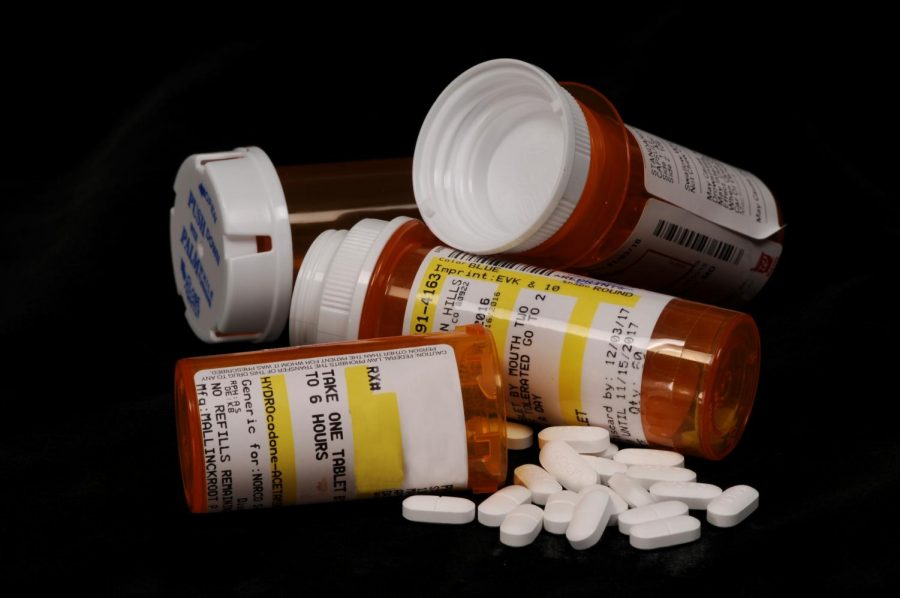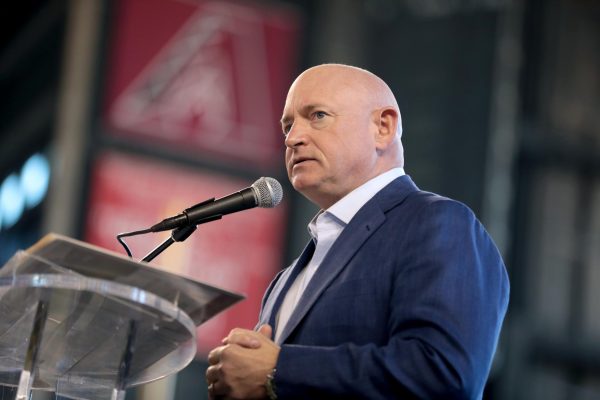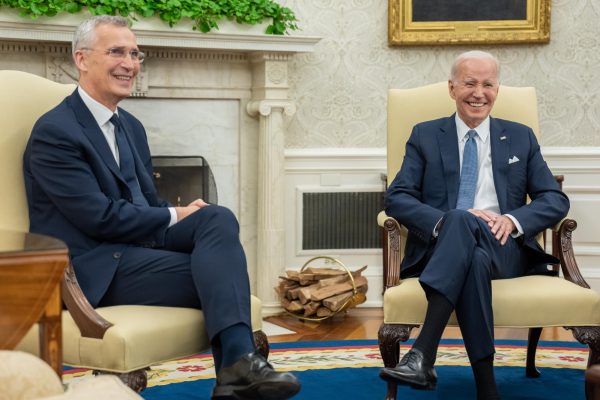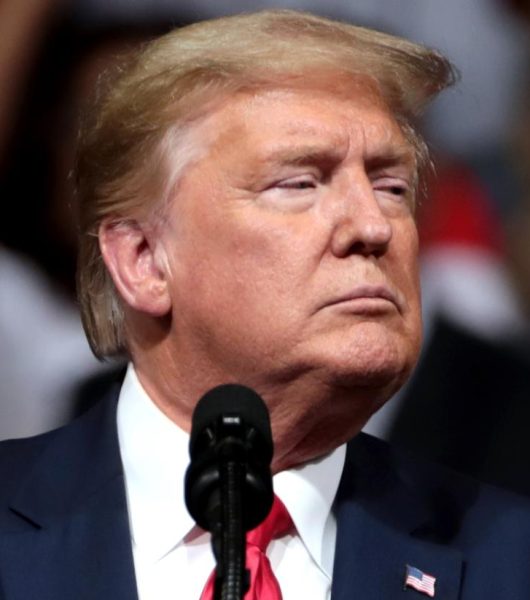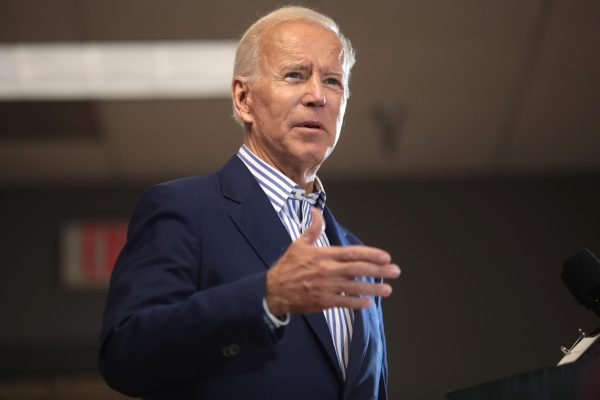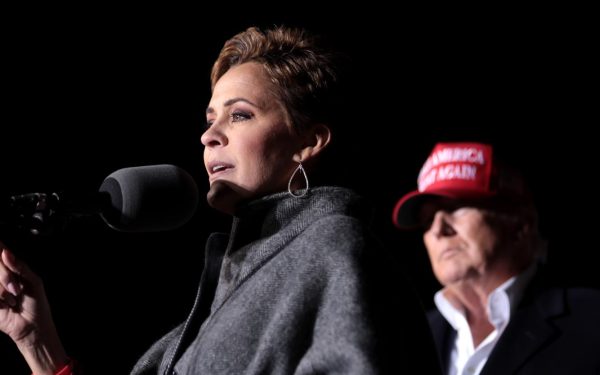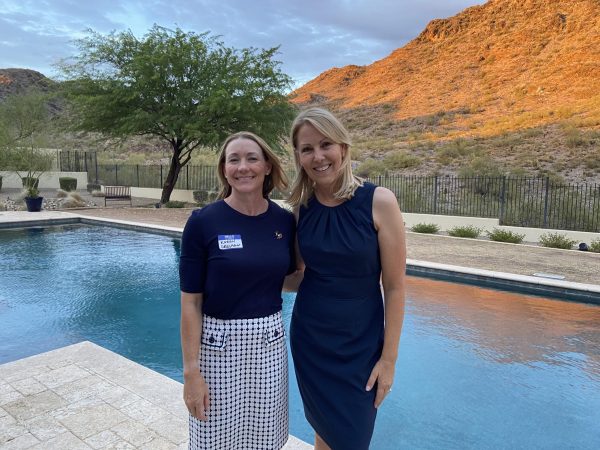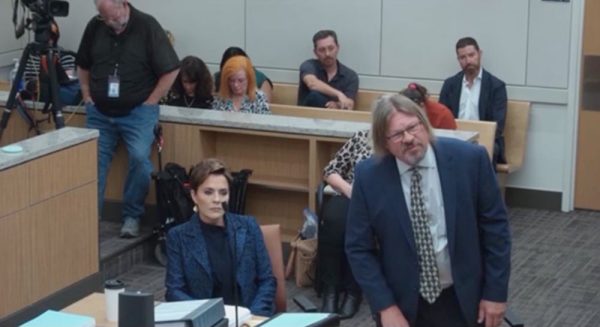Arizona and at least 47 other states receive settlement money after court rules on the “turbocharged” opioid marketing campaigns of McKinsey & Company consulting firm
K-State Research and Extension (Flickr)
McKinsey & Company will pay $600 million for their part in “turbocharging” opioid sales
March 8, 2021
McKinsey & Company, one of the largest consulting firms in the world, agreed to pay nearly $600 million in a settlement for helping “turbocharge” opioid sales.
According to the Massachusetts Superior Court case—for 15 years— the consulting firm of McKinsey & Company advised Purdue Pharma on selling high-dose opioid pills.
In 2007, Purdue Pharma pleaded guilty for misleading doctors and regulators on the risks for OxyContin.
The McKinsey consulting firm allegedly told Purdue that they would “band together” with other opioid makers and fend off Food and Drug Administration’s requirements.
Reportedly, McKinsey also worked consulting other companies that profited heavily from selling opioids, including Johnson & Johnson and Endo.
In a statement emailed to NPR—Maura Healey, the first attorney general to investigate McKinsey’s dealings with Purdue stated that this agreement will set a standard for “accountability” for one of the most “devastating crises of our time”
In a statement McKinsey’s global managing partner, Kevin Sneader, failed to take accountability for McKinsey’s hand in perpetuating the opioid epidemic
“We deeply regret that we did not adequately acknowledge the tragic consequences of the epidemic unfolding in our communities. With this agreement, we hope to be part of the solution to the opioid crisis in the U.S.”
Additional evidence found in the Massachusetts trial investigation revealed that the firm’s senior executives were discussing destroying documents of their opioid-related work.
From 2009 to 2013, McKinsey was a part of an “Executive Oversight Team” to “turbocharge” opioid sales and increases “brand loyalty” for OxyContin.
The firm recommended focusing on high-volume opioids sales to prescribers and pharmacies to combat the “product access” problem.
As a result of the Massachusetts lawsuit, McKinsey is allegedly paying more than they earned in the years of their opioid work.
The firm has reached an agreement of paying “nearly $600 million in which at least 47 states will use to address the opioid crisis in their respective communities.”
The settlement agreement did not provide for McKinsey to acknowledge any wrong doing.
Although the lawsuits with Perdue and McKinsey are a giant step in the right direction, dissatisfied lawmakers Maggie Hassan, Lisa Murkowski, and four other House members wrote a letter to The Washington Post in which they advised President Biden to deliver on the expansion of “medication-assisted treatment” for an opioid treatment drug that has been proven to decrease opioid withdrawals and other side effects.
Arizona will receive more than $13 million.
In a statement issued by Arizona Attorney General Mark Brnovich—Arizona has paid a heavy price for the opioid “turbocharged” crisis as the case against McKinsey and Company consultants provided information on how to “market sales and drive up sales.”
Opioids forced Arizona and other states to pay billions in health care related costs, child welfare, criminal justice and other programs desperately needed in order to decrease an epidemic that will likely negatively affect Arizona communities for years to come.
“Companies like McKinsey didn’t care about Arizonans. They didn’t care what was happening in Pima County and southern Arizona. What they cared about was making money off the back of people taking opioids,” Brnovich said.
The Arizona Department of Health Services documented more than 8,000 suspected opioid deaths between June 2017 and late Jan. 2021.
Reportedly, Brnovich expects numbers to increase with the pandemic.
“Times when people are stressed out, they’re nervous or anxious, they turn to drugs and alcohol… and that’s why we as a society have to address those issues,” Brnovich said.
According to Brnovich, the funds will be used for education, prevention and treatment programs.
The state has implemented training to southern Arizona law enforcement agencies to administer life-saving medication to reverse opioid overdose reactions.


